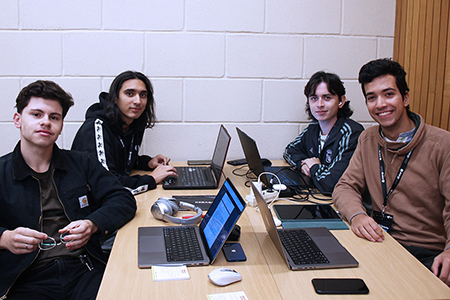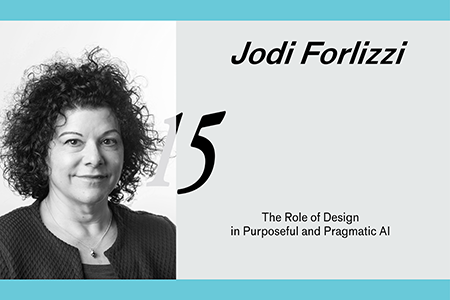Francisca Rocha Gonçalves, a graduate of the Doctoral Program in Digital Media, has seen her project Underwater Ecotones on the podium of the three projects selected for the ‘Bauhaus of the Seas Sails’ artist residencies, an initiative of CAM (Gulbenkian Modern Art Centre) in collaboration with the municipalities of Lisbon and Oeiras.
The ‘Art & Science – A Call to the Sea’ residency, with the Underwater Ecotones project, will be led by Francisca Rocha Gonçalves (PT), in collaboration with Akira Kira, also alumna from the Doctoral Program in Digital Media (PT), Johannes Goessling (DE) and Pedro Frade (PT), and proposes the study of soundscapes, noises and underwater vibrations in direct relation to living species in the Vasco da Gama Aquarium collection. Underwater Ecotones also aims to rethink the museum space, imagining the possibilities and implications of what a museum-aquarium could become in the future.
The three winning collaborative projects ‘have in common the ability to combine art with fields as diverse as science, gastronomy and design, under the banner of sustainability and the relationship with the local marine environment – the estuary, the river and the ocean’. The projects will be developed until the end of December and will culminate in artistic installations that are expected to be open to the public in February 2025.
Francisca’s research work in acoustic ecology focus on the effects of underwater vibrations and particle movement, exploring how anthropogenic noise affects aquatic life. By using sound art and creative technologies, she seeks to raise social and environmental awareness, translating scientific research into accessible artistic expressions. His work offers new perspectives not only for musical compositions, but also for live performances that promote a deeper connection between human beings and the natural world.
Francisca also recently presented at the Boil Festival (Serralves) the installation ± 5,965 Fathoms, developed in collaboration with the digital artist Maotik, which imagines a speculative environment inspired by the depths of the Mariana Trench (located east of the Philippines, it is the deepest place on the planet at 10994 metres). The deep sea exists in a complex of extremes where sound, light and movement are transformed by pressure and isolation. Through immersive soundscapes and visual elements, this AV work invites audiences to experience the unseen world of the deep ocean, where bioluminescence flickers in total darkness and low-frequency vibrations set the tone.
In these depths, light barely penetrates and sound is transformed into strange, reverberating echoes.
The audience was invited to interpret what life and sound might feel like in these extreme environments under immense pressure, where the line between reality and imagination is blurred.
The artist’s portfolio can be viewed on her website.









